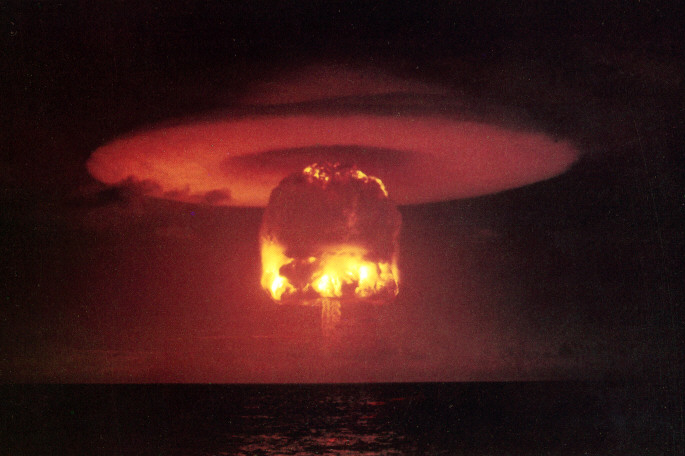Sponsored Content
Austria Against Faith in Nuclear Deterrence
On the occasion of the 78th anniversary of the nuclear bombings of Hiroshima and Nagasaki on August 6 and 9, 1945, Austrian Foreign Minister Alexander Schallenberg stresses the urgency of nuclear disarmament. The terrible effects and the immeasurable human suffering caused by nuclear weapons must continue to be raised awareness.
 Because of the enormous destructive power of nuclear bombs, there have always been efforts to abolish all nuclear weapons and to ban them in general in order to prevent them from destroying mankind. / Picture: © Wikimedia Commons / United States Department of Energy, Public domain
Because of the enormous destructive power of nuclear bombs, there have always been efforts to abolish all nuclear weapons and to ban them in general in order to prevent them from destroying mankind. / Picture: © Wikimedia Commons / United States Department of Energy, Public domain
The tragic events of Hiroshima and Nagasaki resulted in the deaths of over 200,000 people and left tens of thousands injured. Today, the risk of nuclear weapons use is higher than it has been in decades. The notion that nuclear deterrence can serve as a security guarantee is a fatal fallacy, according to Schallenberg. It is more urgent than ever, he said, to call for a move away from…
or Log In
Fast News Search





